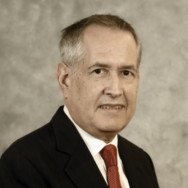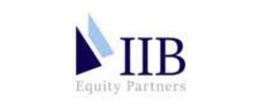I’m often asked to explain about what I do. Perfectly understandable, as even my kids haven’t quite figured out what I do for a living. While in the US and other countries personal financial planning is a well-known profession, it is relatively new in Israel.
So what does a personal financial planner do? A colleague once said to me that we are like family doctors – we look at the overall financial health of our clients, and when needed refer to specialists to set things straight. While the comparison is valid, I prefer one that another colleague once told me: We are our client’s Chief Financial Officer (CFO).
A CFO is generally associated with a company, not a person. CFOs are responsible for the financial affairs of a company, from A to Z. A CFO looks at the income and expenses, cash flow, risk management (such as insurance) and the investments of the company. A personal financial planner does similar work for clients, but on a personal level.
Unfortunately, anyone can call themselves a financial planner, as there is no license required. This makes it difficult for consumers, but in choosing a financial planner, look for someone with qualifications, such as licensing from the Israeli Securities Authority (for investments in securities) and/or the Ministry of Finance (for pensions and insurance). Recently the internationally recognized Certified Financial Planner (CFP) designation began to be offered in Israel, with the Israeli certification specializing in Israeli oriented issues such as Israeli pensions, investments, Israeli taxes, Bituach Leumi and other issues. I recently completed the Israeli CFP course, and after 18 months and passing a rigorous 7 hour examination, be’ezrat hashem I will receive my certification at the next certificate issuance in October.
While insurance agents, portfolio managers, accountants and attorneys each have their specializations, usually none of them look at their client’s complete financial picture. A personal financial planner looks at your complete financial situation and works with your specialists to give you the most efficient and effective financial plan possible.
Objectivity is perhaps the most important issue; my firm does not keep any fees or commissions from our recommendations. We rebate those to our clients, which lowers our net fee. In fact, many of our clients end up paying us close to zero net fees, and some have rebates so high they even receive payments from us!
My typical process with a client is to meet with both the client and spouse (if applicable) and go over their current family and financial situations. I ask about their goals, their willingness and ability to take investment risk, their current insurance coverage and current pension plans. Based on this Q&A and the documents I receive from the client, I form a financial plan that takes into account my client’s current financial picture and their goals. I then make recommendations regarding possible changes to their investment portfolios, pension plans, insurance coverage and other issues. My client can either accept or reject these recommendations. If the client accepts at least part of the recommendations, I deal with all the paperwork necessary to get the job done.
Isn’t it time you had your own personal CFO?
For example, many insurance policies used for pensions, often called manager’s insurance, are very expensive, and there are advantages (and some disadvantages) to switching to one of the pension funds, which are generally cheaper and over the long-run can make a big difference in the size of your retirement pension. Another example deals with investment portfolios. I often find clients taking either too much or too little risk in their portfolios. Based on their risk tolerance, I make recommendations regarding the raising or lowering of the percentage of stocks and bonds in a portfolio and the exposure to foreign currency risk. I will also look at insurance policies and may recommend either increasing or decreasing insurance.
The information is not intended to be and does not constitute financial advice or any other advice. It is general in nature and not specific to you. Before using this information to make an investment decision, you should seek the advice of a qualified investment advisor and undertake your own due diligence.



